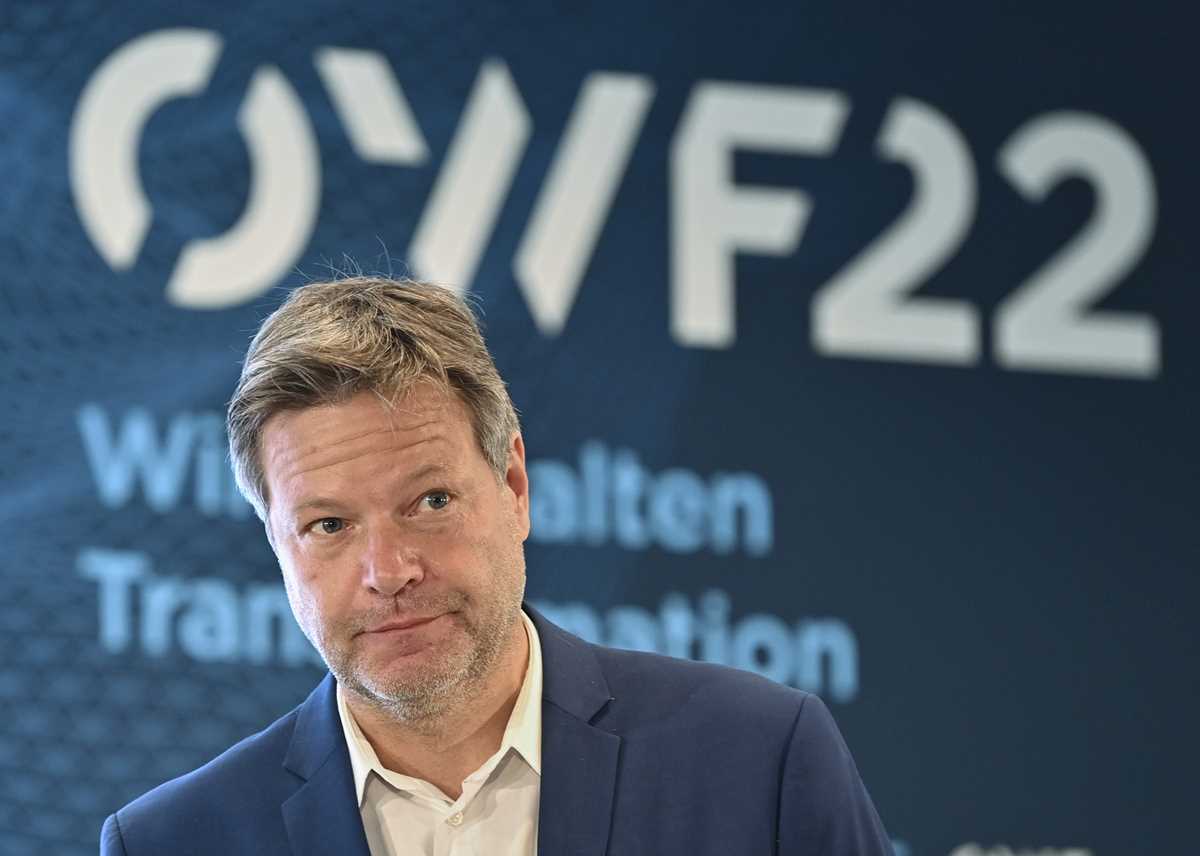As Europe continues to seek ways to improve its energy security, the role of gas pipelines cannot be overstated. For decades, natural gas has been an important part of the European energy mix, and the continent's reliance on fossil fuels continues to grow.

One key component of Europe's energy infrastructure is the network of gas pipelines that crisscross the continent, connecting countries and markets. These pipelines help ensure that natural gas can be transported efficiently from producers to consumers, enhancing Europe's energy security and supply.
The need for gas pipeline infrastructure in Europe comes as a result of several factors, including the region's growing demand for energy, the gradual depletion of domestic gas reserves, and the need for energy diversification. However, amid increased focus on climate change and renewable energy, the role of gas pipelines in Europe's energy mix is now being reconsidered.
Despite the growing emphasis on renewable energy sources such as wind and solar, natural gas remains an important component of Europe's energy mix, and pipelines are central to ensuring its efficient transport. The region's gas pipeline infrastructure is extensive, with pipelines connecting countries across the continent.
One of the most significant drivers of natural gas demand in Europe is the power sector. Natural gas is a cleaner-burning fossil fuel than coal or oil, making it an attractive option for power generation. Furthermore, the flexibility of gas-fired power plants makes them ideal for balancing intermittent renewable energy sources like wind and solar, which are a growing share of Europe's power mix.
While gas-fired power generation may play a key role in Europe's energy transition, it is important to note that natural gas is still a fossil fuel and therefore contributes to greenhouse gas emissions. Moreover, the extraction and transport of natural gas can have significant environmental impacts, and there are concerns around gas pipeline safety and the risk of accidents.
As Europe seeks to diversify its energy mix and reduce its dependence on fossil fuels, renewable energy sources such as wind and solar are becoming increasingly important. The role of gas pipelines in Europe's energy mix therefore needs to be reconsidered, and policymakers must car/'>carefully balance the need for energy security with the transition to cleaner energy sources.
In conclusion, gas pipelines are a crucial component of Europe's energy infrastructure, providing an efficient means of transporting natural gas across the continent. However, as Europe seeks to transition to cleaner energy sources, the role of gas in the region's energy mix is being reevaluated. As policymakers seek to balance the need for energy security with environmental concerns, gas pipelines will continue to play an important role, but reducing Europe's dependence on fossil fuels and developing renewable energy sources will remain a top priority.
Overall, the development of gas pipeline infrastructure is one piece of the longer-term push toward European energy diversification, sustainability, and security. It will involve a carefully calibrated balancing of traditional and newer energy resources in order to maximize the benefits of energy diversity and reserve strength while minimizing risks and environmental impacts.
